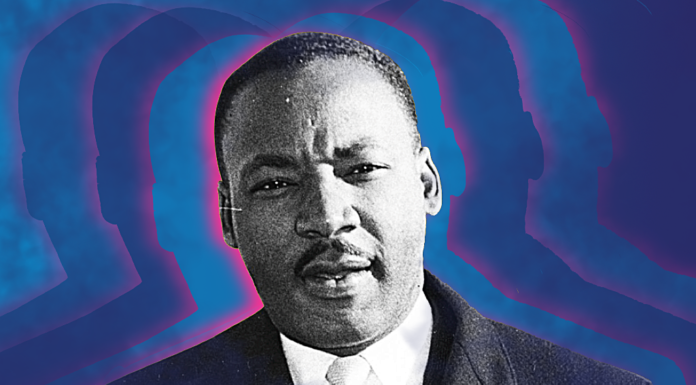When I was a young girl, I dreamt of the possibility of being a teacher. Amongst my sisters, cousins, and friends, I would always play the role of “teacher” when we played “school.” I never thought becoming a teacher was out of reach until I got to junior high school. It was then I realized I had only had one Black teacher in my schooling thus far, and that was in the second grade.
I assumed Black people weren’t supposed to be teachers.
By the time I got to high school, the dream had been completely erased because I didn’t see anyone who looked like me in front of the classroom. I assumed Black people weren’t supposed to be teachers. In fact, I assumed no one could be a teacher unless they were white — because I didn’t know any teachers who weren’t white.
By the time I got through college, I was trying to figure out what to do with my life. I ended up at a school as an Americorps Promise Fellow. At this school, I saw things I had never seen before. The school had Black teachers, and I couldn’t believe it. My dream as a young girl returned. I thought — could I possibly do this? Every day in my heart of service, I saw that I could.
I worked to make my dream a reality and enrolled in a teacher prep program. I was so excited — until I learned about academic outcomes and the lack of Black teachers in Minnesota (and in urban school districts). While I was learning about the data, my daughter was entering the school-to-prison pipeline. I thought — this can’t be, I’m going to school to become a teacher and my child is about to be a statistic.
I had to make a choice. Do I teach and try to impact the students in my classroom, or do I try to organize and change systems so that future teachers do not face the barriers I did — so they can see themselves as teachers, as children, and as adults?
In my work as a Black educator, I learned the importance my presence and voice made in the lives of all my students.
Eventually, I did find a school where I felt comfortable teaching and I formed a community with other parents and educators where we could discuss and work toward systemic changes. But in my work as a Black educator, I learned the importance my presence and voice made in the lives of all my students. I learned that seeing me teach opened up new possibilities in their lives, especially when they saw me in the neighborhood outside of the school building. They saw I was them and they were me. The possibility of becoming an educator was a reality they could strive for.
That, for me, was the ultimate goal. That’s why #WeNeedBlackTeachers.










